Dr. Tausif Malik, a serial entrepreneur, academician, publisher, and editor of The Desi Buzz, GCCStartup.News, and StartupBerita.com. In an insightful interview, Dr. Malik speaks with Dr Ikram Butt, the first British Asian rugby player to represent England. Dr. Butt is a dual-code international athlete, community and sports engagement consultant, public speaker, and ambassador for the British Asian Trust. He is also the founder of the British Asian Rugby Association (BARA) and a recipient of several prestigious awards for his contributions to sports and community engagement. Their conversation delves into his inspiring journey, community initiatives, and the transformative power of sports.
Read related article : A Historic Evening for Rugby: Inaugural British Asian Rugby Awards Celebrates Excellence
Watch the interview on YouTube
Dr. Tausif Malik: Please introduce yourself: background, education, work, and activities.
Dr Ikram Butt: My name is Ikram Butt, and I am a former professional rugby league player, recognised as the first British Asian to represent England in either code of rugby. Later, I had the honour of captaining my mother country, Pakistan, in Rugby Union, leading them to their first-ever Tri-Nation tournament victory. I was born and raised in Leeds, just a stone’s throw away from the iconic Headingley Cricket and Rugby League grounds. I come from a family of six, with two older sisters, two older brothers, and a younger brother.

Although I wasn’t particularly academic in school, my focus was always on sport. Unfortunately, I lost my father at the age of 11, a loss that shaped my perspective on life. Despite the grief, I hold many cherished memories of him—especially his passion for sport and the values he instilled in us, such as respect, hard work, perseverance, and the importance of never giving up. These principles have been a cornerstone of my journey, helping me navigate and overcome the challenges I’ve faced along the way.
I pursued my education locally, but my heart was always in sports, especially rugby. My passion for the game, combined with my cultural heritage, has been a driving force throughout my career. After retiring from professional rugby, I co-founded the British Asian Rugby Association (BARA), an organisation dedicated to promoting inclusivity in rugby and using sport as a platform to address important social issues.
In addition to my work in rugby, I am actively involved in initiatives focusing on racial equality, campaigning against violence towards women and girls, and community development. I collaborate with organisations such as Sported and SCAR to create opportunities for marginalised communities and challenge societal barriers. I also co -authored my autobiography, Tries and Prejudice, to share my personal story and inspire others to pursue their dreams despite adversity.
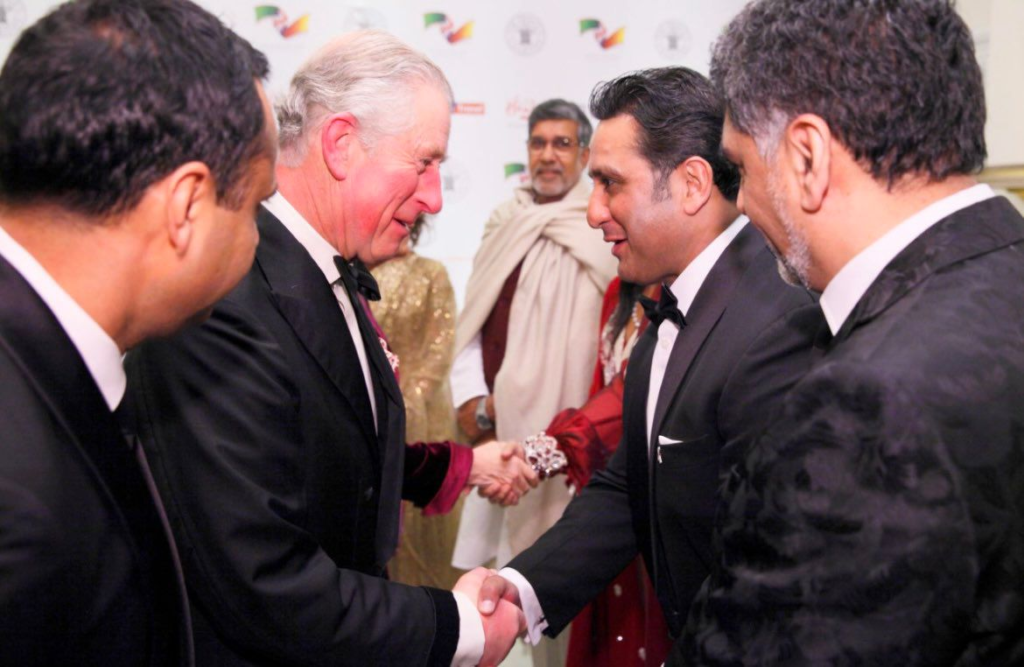
I am honoured to have been recognised for my contributions with an honorary doctorate from Leeds Beckett University and a Fellowship from Bradford College, acknowledging my work in sport, community development, and charity. My journey is driven by a deep commitment to making a lasting impact, both in sport and in society, by breaking down barriers and creating pathways for others to follow.
Dr. Tausif Malik: What were some key challenges in becoming the first British Asian to represent England in rugby, and how did you overcome them?
Dr Ikram Butt: Breaking cultural and sporting barriers in rugby came with its share of significant challenges, especially since rugby in the 1980s and 1990s was far from diverse. As the first British Asian to represent England in rugby, I faced discrimination on multiple fronts—ranging from verbal abuse on the field to pervasive stereotypes that Asians were unsuitable for the sport. We are often labelled as lacking the physicality, resilience, and diet required for rugby, with many questioning whether people from my background could succeed in such a demanding sport.

Moreover, the systemic issues within sports organisations at the time made inclusivity a low priority. Diversity was not celebrated, and there were few pathways for athletes from underrepresented communities to progress in rugby. These stereotypes, which suggested that Asians couldn’t play rugby or didn’t have the ‘right’ physique or mindset, were deeply ingrained, both in the culture of the sport and in society at large.

I overcame these obstacles through resilience, drawing strength from the values my father instilled in me—hard work, perseverance, and the belief that challenges could be conquered. By focusing on my performance and the joy I found in playing rugby, I was able to rise above the negativity. I also had the unwavering support of my family and community, which was crucial in helping me stay grounded and focused on my goals.
Ultimately, I wanted to prove not only to myself but to others that British Asians could excel in rugby. Breaking these stereotypes became a driving force in my journey, and I am incredibly proud to have paved the way for future generations, showing that talent and determination can defy societal expectations.

Dr. Tausif Malik: How important is representation, and what impact do you hope your journey has on young people?
Dr Ikram Butt: Representation is vital because it inspires belief and creates pathways for others. When young people see someone like them succeeding in a field where they are underrepresented, it breaks down barriers and challenges stereotypes. For me, being the first British Asian to represent England wasn’t just a personal achievement; it was a message to others that their background doesn’t limit their potential.
I hope my journey encourages young people, especially those from marginalised communities, to pursue their passions with confidence. I want them to see that cultural or social obstacles can be overcome and that diversity enriches every field, including sports. My work with initiatives like BARA is about creating opportunities for these young individuals, so they don’t just dream but achieve.
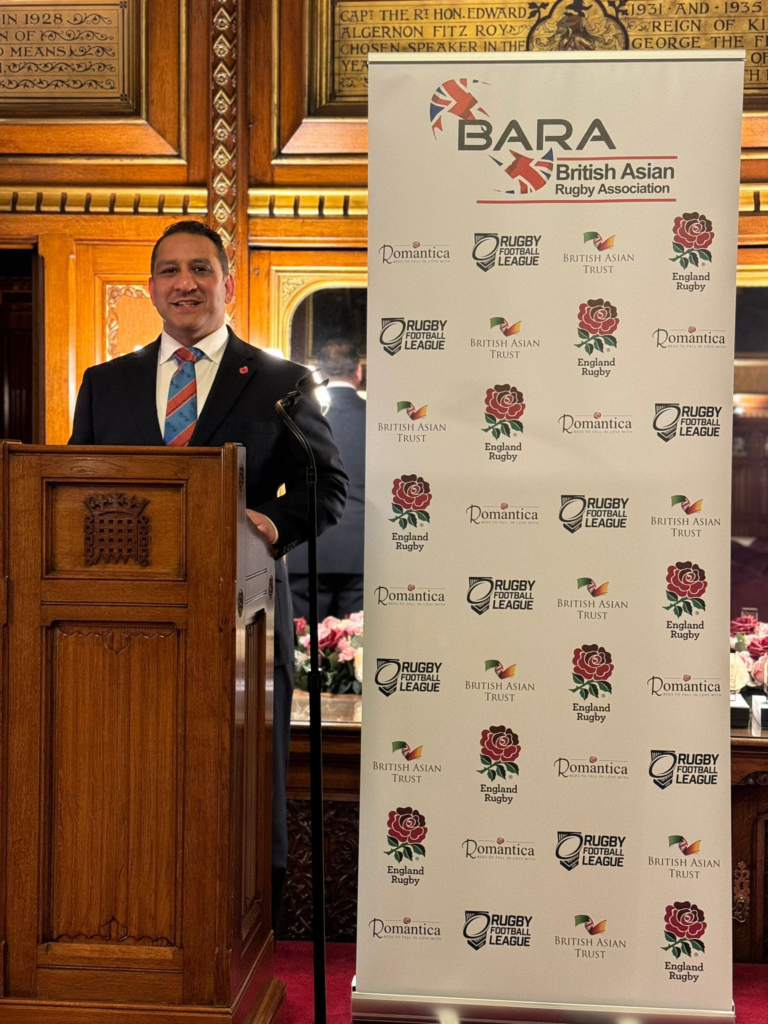
Dr. Tausif Malik: What motivated you to create BARA, and what are its memorable successes?
Dr Ikram Butt: BARA was born out of both frustration and determination. Early in my career, I encountered the pervasive misconception that British Asians couldn’t play rugby, fuelled by stereotypes about physicality, resilience, and cultural fit. Despite this, I knew there were talented players from my community who were being overlooked and excluded from opportunities. I felt compelled to change this narrative, creating a platform that would celebrate diversity and provide a space for British South Asians to thrive in rugby.

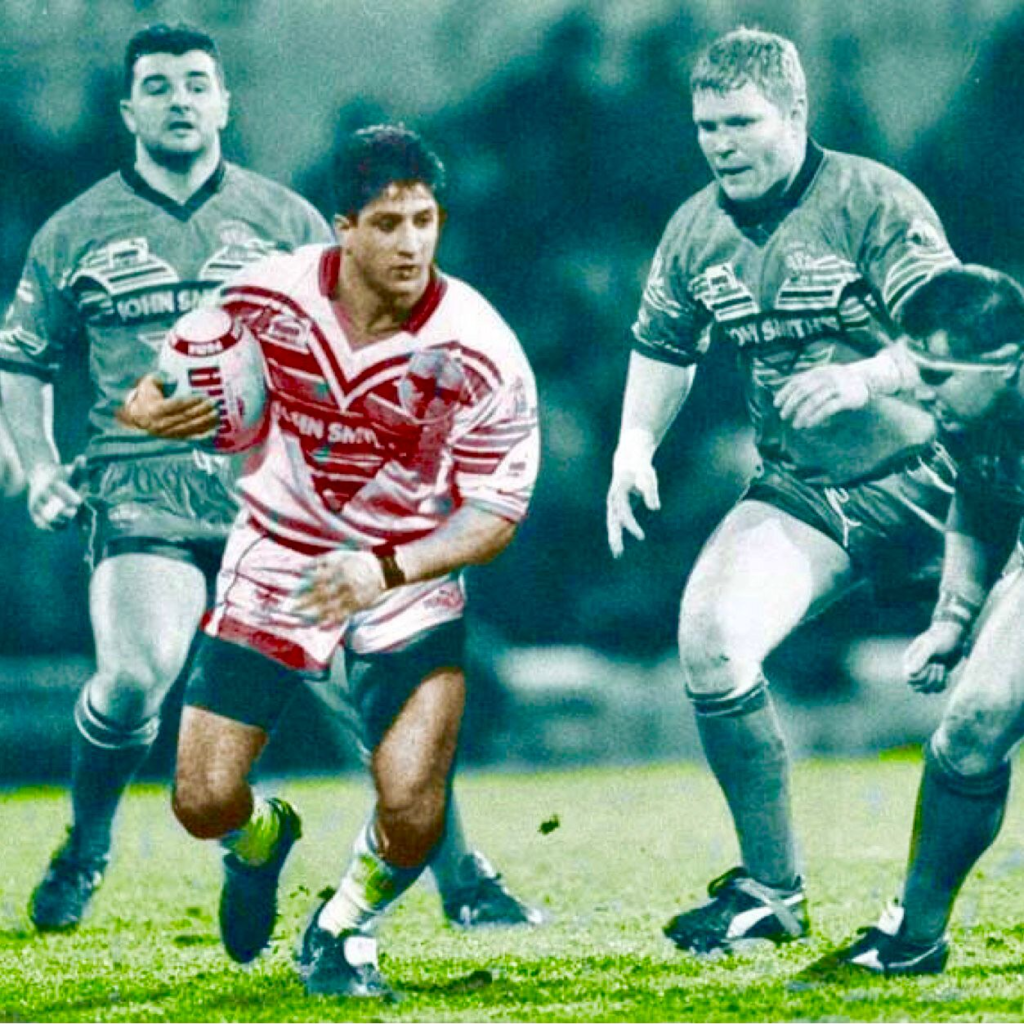
Over the years, BARA has achieved numerous successes that I am incredibly proud of. One of the most memorable has been the launch of youth rugby programs within South Asian communities. These initiatives have introduced the sport to young people who might not have considered rugby as a viable option. By collaborating with professional clubs, we’ve created pathways for aspiring players to develop and pursue their dreams. Our campaigns have also addressed broader social issues such as racism and violence against women and girls, showing that rugby can be a powerful tool for social change.

BARA’s impact extends far beyond rugby. We’ve raised awareness of social issues, helped young people find a positive direction, and provided an outlet for those who may have been involved with the wrong crowd. It’s incredibly fulfilling to see individuals change their lives for the better through the sport. We’ve also raised funds for charities, and our international efforts include winning the All India Championships during a tour of India, hosting the Italian Rugby League team in Pakistan, and more recently, hosting the inaugural British Asian Rugby Awards at the State Rooms, Speaker’s House.
Most importantly, BARA has increased participation in rugby, broken down barriers, and shown that rugby can unite communities while being a force for good.
Dr. Tausif Malik: How can sports break barriers and encourage diversity?
Dr Ikram Butt: Sports have a unique ability to bring people together, transcending cultural, social, and economic divides. On the field, everyone is equal, bound by shared goals and teamwork. This makes sports a powerful tool for promoting inclusivity and challenging prejudices.
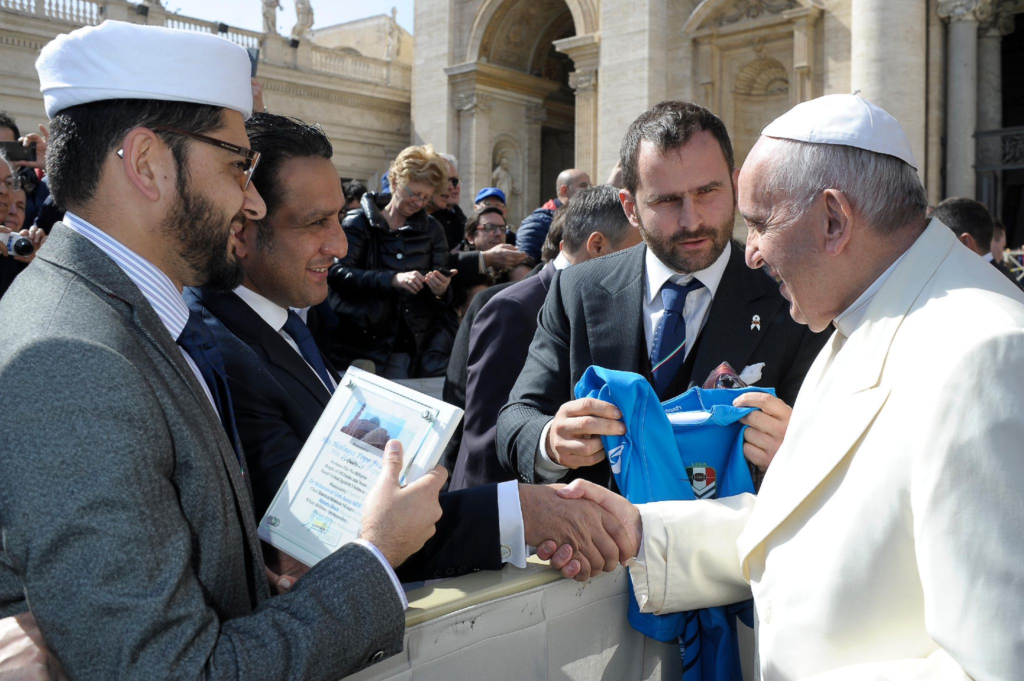
Through initiatives like SCAR and my work with Sported, I’ve seen firsthand how sports can change perceptions. By creating opportunities for underrepresented groups, we’re not just diversifying participation but fostering understanding and respect. Rugby, in particular, teaches values like discipline, teamwork, and resilience, which can help break down barriers in society and inspire greater inclusivity beyond the field.

Dr. Tausif Malik: 6. What inspired the inaugural British Asian Rugby Awards, and what impact will they have?
Dr Ikram Butt: The British Asian Rugby Awards were inspired by a desire to celebrate and spotlight the contributions of South Asians in rugby. Hosting the event at the historic State Rooms in Speaker’s House, Parliament, marks a significant milestone—it’s a first for rugby and for South Asian representation.
These awards aim to challenge outdated perceptions and highlight the achievements of British Asians in all facets of rugby, from players to coaches, officials, and volunteers. By recognising their contributions, we hope to inspire more individuals to see rugby as a space where they belong and can excel. It’s also a platform to send a clear message: diversity strengthens the sport, and representation matters.

Dr. Tausif Malik: How do you view the progress of racial inclusivity in British sports?
Dr Ikram Butt: While progress has been made, racial inclusivity in British sports still has a long way to go. Policies and strategies are in place, but implementation often falls short. Representation in leadership roles, including diversity and inclusion positions, remains disproportionately white, highlighting a lack of systemic change.

However, there are promising signs. Campaigns like “Kick It Out” in football and grassroots initiatives like BARA are fostering conversations and creating pathways for underrepresented groups. To drive real progress, we need more accountability, representation at all levels, and opportunities for marginalised communities to contribute—not just as players but as coaches, officials, and decision-makers.
Dr. Tausif Malik: What inspired you to advocate against male violence and support refugees, and how does sports influence your advocacy?
Dr Ikram Butt: My advocacy stems from a belief that sports can be a powerful tool for social change. As a player, I witnessed how teamwork and discipline could transform lives. This inspired me to extend these values beyond rugby. Addressing male violence and supporting refugees are about creating safe, inclusive spaces where everyone can thrive.
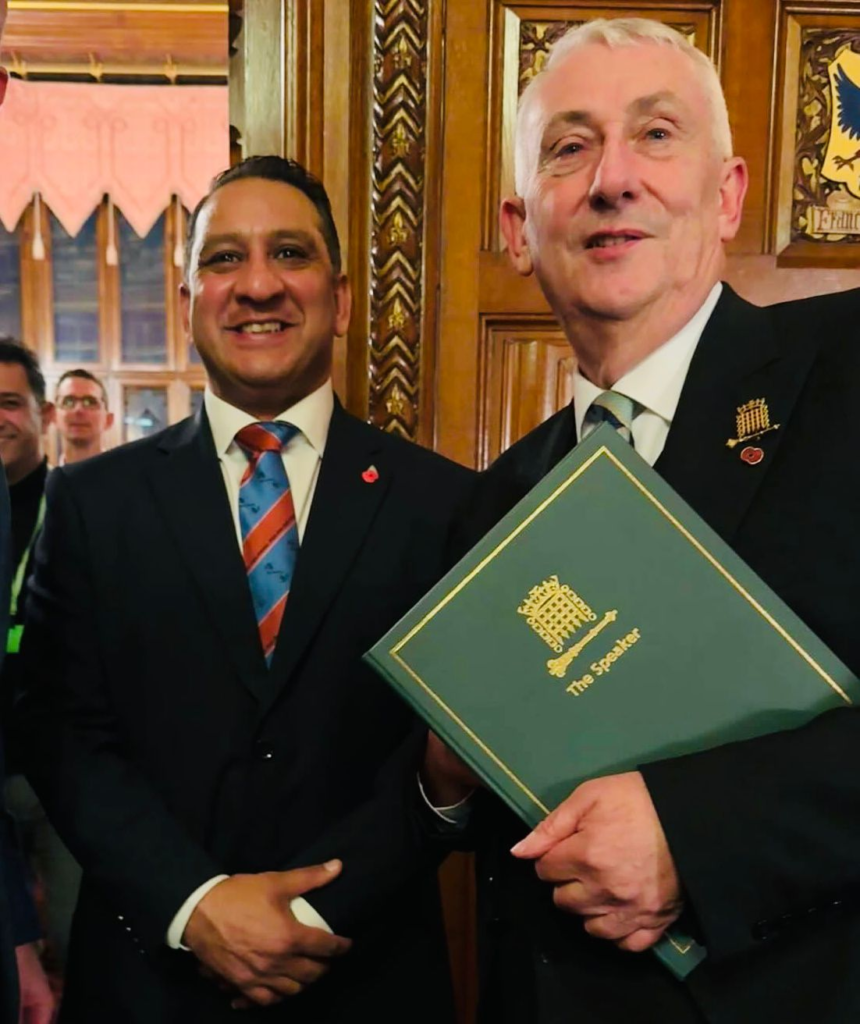
Through sports, I’ve seen individuals overcome adversity and rebuild their lives. Initiatives like these demonstrate that sports are not just games—they’re platforms for empowerment and healing. My goal is to use rugby’s unifying power to advocate for fairness, equality, and opportunity for all.
Dr. Tausif Malik: Your autobiography, Tries and Prejudice, has reached and inspired many. What key messages do you hope readers take away, and how does the book connect with your journey of overcoming adversity?
Dr Ikram Butt: In Tries and Prejudice, I hope readers take away the message that overcoming adversity is not just about personal resilience but also about challenging and changing the systems around us. My journey is one of persistence and fighting for equal opportunities, but it’s also about the power of representation. My experiences show that no matter the barriers—whether racial, societal, or self-imposed—through determination and solidarity, we can carve out spaces for ourselves and others. This book connects to my journey of overcoming adversity by documenting the struggles and triumphs that have shaped my career, but also by showing that these stories are not just mine—they’re a reflection of many voices that need to be heard and valued.
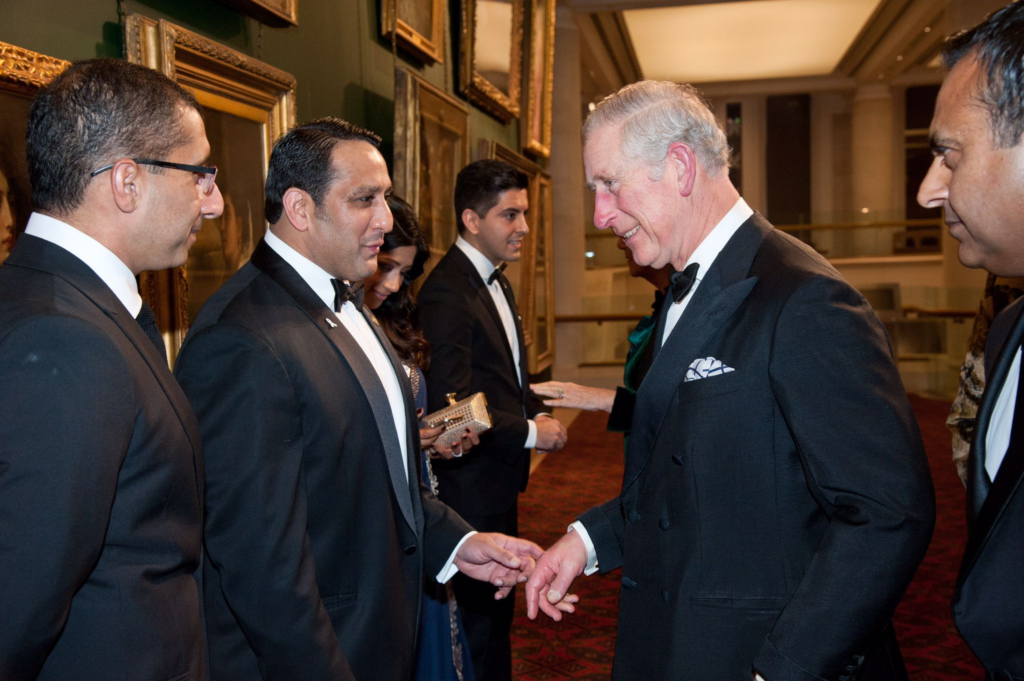
Dr. Tausif Malik: You’ve been featured in Did You Know?, an educational publication celebrating Asian figures in British history. How do you see educational initiatives changing perspectives on race and diversity within the UK?
Dr Ikram Butt: Educational initiatives like Did You Know? play a vital role in reshaping perspectives on race and diversity by providing young people with a broader understanding of history—one that includes contributions from communities that have often been overlooked. By highlighting figures from Asian history and heritage, we make it easier for students to see diversity as an integral part of British identity, not as something separate. These initiatives break stereotypes and combat prejudice, encouraging a more inclusive mindset. Education is key to fostering empathy, critical thinking, and respect for all cultures.

Dr. Tausif Malik: For young athletes, particularly from underrepresented backgrounds, what advice would you give to help them pursue their dreams despite potential challenges?
Dr Ikram Butt: My advice would be to stay focused on the bigger picture—your dream and your passion. Understand that challenges are part of the journey, but they don’t define your potential. Build a strong support network of people who believe in you, and don’t be afraid to ask for help, whether that’s coaching, mentoring, or simply a listening ear. It’s also important to be adaptable; opportunities may come in unexpected ways. Believe in your worth, work hard, and always use your experiences to uplift others, especially those who come from similar backgrounds.
Dr. Tausif Malik: You’ve received accolades, including a Lifetime Achievement Award and an Honorary Doctorate. How do these recognitions shape your outlook on your journey, and what do you hope they signify to your community?
Dr Ikram Butt: These recognitions are a humbling acknowledgment of the work done not just by me, but by all the individuals and communities that have supported and empowered me along the way. They represent progress—proof that change is possible and that every contribution, no matter how small, is valuable. To my community, I hope these accolades signify that there is space for everyone at the table, no matter where you start. They show that hard work, perseverance, and staying true to your values can break through barriers and inspire future generations.

Dr. Tausif Malik: What are some of your goals moving forward, both within sports and in your wider social initiatives? Are there any new areas you hope to influence or causes you’d like to champion?
Dr Ikram Butt: Moving forward, I aim to continue breaking down the barriers in sports, particularly in rugby, where diversity still has a long way to go. I want to see more opportunities for underrepresented groups, not just in playing but also in coaching and administration roles. On a wider scale, I hope to continue championing social initiatives around inclusivity and racial equality, particularly through education and grassroots engagement. A cause that I would like to champion further is mental health awareness within minority communities. Often overlooked, mental health is crucial to personal and athletic success, and it’s important to create spaces for open conversation and support.

